The Top Five Reasons to Study Religion

Gary Laderman It’s not easy being chair of a religion department. August is an especially cruel month as we close out one academic year and start up a new one, and begin again to struggle with an increasingly vital challenge: recruiting and keeping more majors. I’ve been teaching at Emory University for over 20 years, and every August I begin to obsess about a question. . . that’s at the center of my intellectual passion and personal livelihood: how do you convince people to study religion?
What Pixar’s “Inside Out” Teaches Us About Suffering
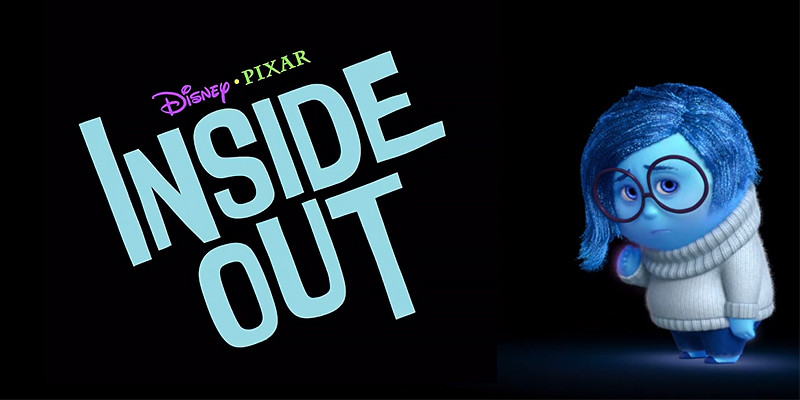
Jonathan Orbell When my wife suggested we go out and see Pixar’s newly released Inside Out, I agreed, albeit reluctantly. “I’ll be asleep within 20 minutes,” I thought. Suffice it to say, I’m not really a “kids movie” kind of guy; more of an “old soul.” I was in for one hell of a surprise. Inside Out consists of two parallel storylines. The first, occurring in the “real” world, tells the story of Riley (Kaitlyn Dias), an 11-year-old Minnesotan girl whose family moves out to San Francisco.
Institutional Racism: Anywhere, U.S.A.
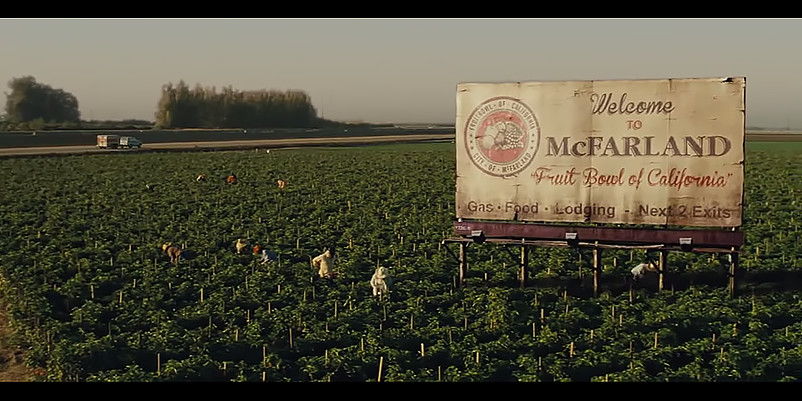
Luís León The horrific events in Charleston recently have prompted a robust and much needed conversation on race and the privileges and disadvantages that adhere to it. While conceding that racism continues through individual animus, the political right advances the mythology that institutional racism has ceased, ignoring social inequities such as economic disparity, educational opportunity, incarceration rates, and even life expectancy.
An American Reformation
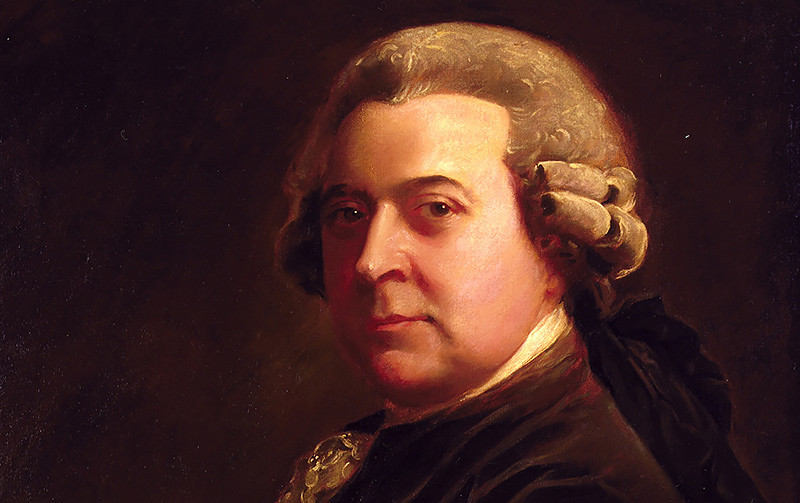
Amy Kittelstrom Somehow the word “godless” got hitched to the word “liberal.” The story of this coupling has something to do with the Cold War against communism, but behind this unholy union lies a much more interesting history of how some American elites led a very different fight against—well, elitism. Seven liberals, whose lives interconnected across two centuries through shared readings, relationships, and concerns, were so far from godlessness that the pursuit of truth and virtue dominated their lives.
Religion in the Post-Colonial Humanities: An Interview with Kathryn Lofton
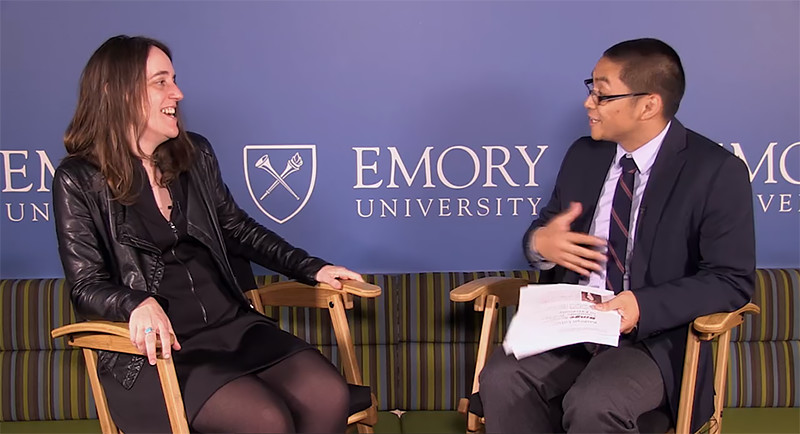
What are the current conditions and imminent possibilities for the Study of Religion? In this interview with Marko Geslani of Emory University, Kathryn Lofton, scholar of American Religion and incoming chair of the Department of Religious Studies at Yale University, discusses the state of the field in light of the crisis of the humanities, the institutional location of religion departments, graduate training, and undergraduate teaching.
Images of Muhammad
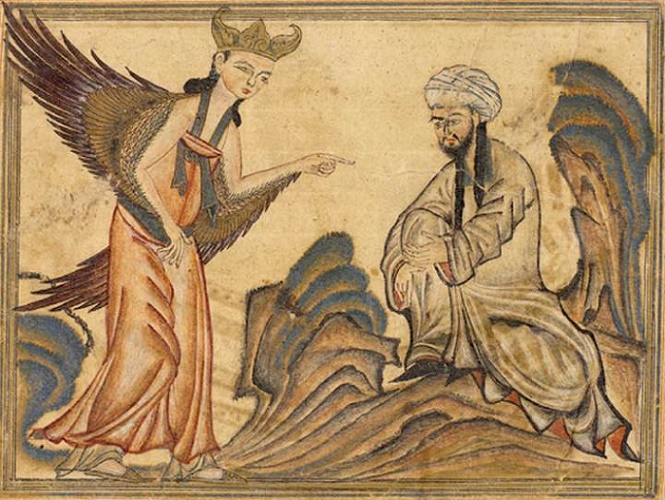
Hussein Rashid “What does Islam say about images?” It is a question that seeks to understand religion through unitary and static prescriptions. At its core, the question is about what is “Islamic.” Such a question is problematic because a community of believers decides what the religion means. Because human beings are involved, there will be differences. While there are boundaries for who a Muslim is, such as belief in monotheism, the prophethood of Muhammad, and observance of certain ritual and legal obligations.
The Ghosts of Malcolm X
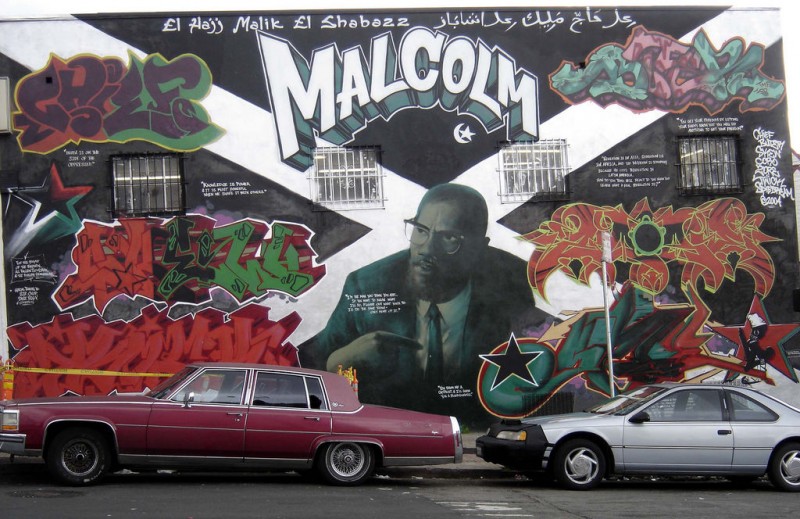
S. Brent Plate
A strange set of coincidences brought Malcolm X into my life in the past month, some invisible force of history that compelled a fusion of events. It was only a month ago that I realized February 21 was the 50th anniversary of his assassination, but energies were in play long before then that brought me to encounter Malcolm’s powerful ghosts. They arrived in buildings, books, bodies, and films.
An Excerpt from “Atheism: What Everyone Needs to Know”
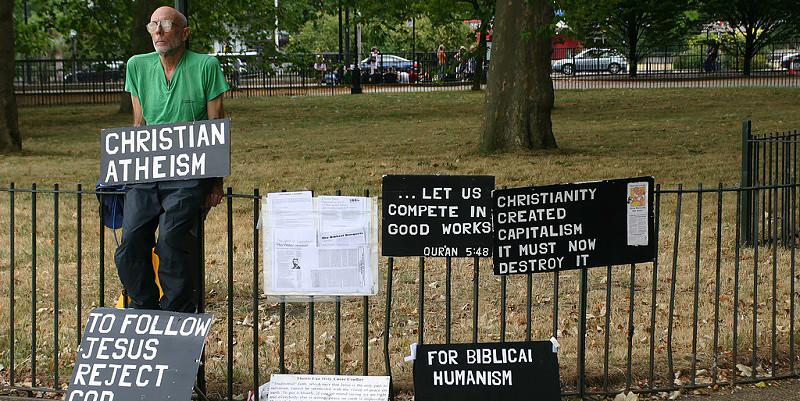
By Michael Ruse Christianity set the scene for the next two thousand years. It inherited the God of the Old Testament. By now, one is firmly in the world where one has moved from the one-among-many tribal god Yahweh to a single all-powerful creative deity: “Sovereign Lord, who made the heaven and the earth, the sea, and everything in them” (Acts 4: 24).
The Altar of Taylor Swift

By Kelly J. Baker
The patron saint of awkward, idealistic (white) girls lives in my home, a part of our soundscape. The kids and I dance to her music. I place the toddler on my hip and grab the six-year-old’s hand. We shake off our concerns and frustrations together. We laugh at our silly dance moves. We sing along. This is a moment, in which we let everything go and enjoy ourselves.
Modern Greece and the Politics of the Sacred

Louis A. Ruprecht Jr. Edmund Burke (1729-1797) referred famously to “the consecrated state.” G.W.F Hegel (1770-1831) spoke of the modern democratic state almost as if it were a “temple” dedicated to human freedom. Both men came to their startlingly spiritual views of modern politics and the modern state by reflecting critically on the French Revolution and its aftermath.
